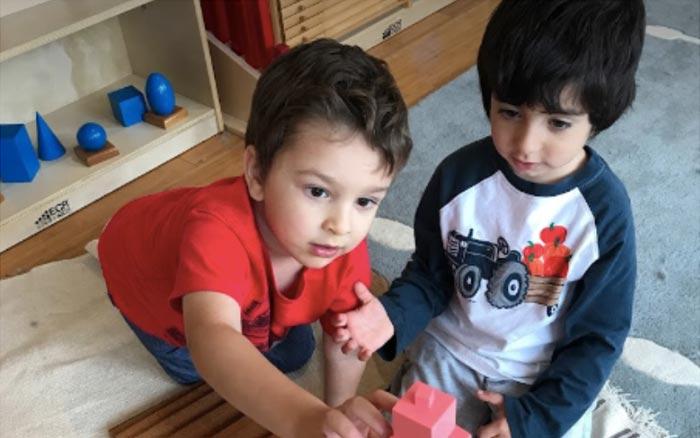
Too often, young people experience a sense of isolation at school because building strong relationships is not prioritized. In these environments, learners and adults work together in the same space without knowing one another deeply. This is perpetuated by instructional approaches that prioritize independent work over group work and competition over collaboration. In addition, discipline practices—such as detentions, suspensions, and expulsions—exclude learners from the community as a punishment. In order to prepare all young people to thrive in and transform the world, our schools must be relationship-rich and value authentic connection. All learners must be deeply known and respected by a variety of adults and peers, collaborate closely with one another, and form meaningful relationships across lines of difference that nurture empathy, support inclusion, and build social capital.
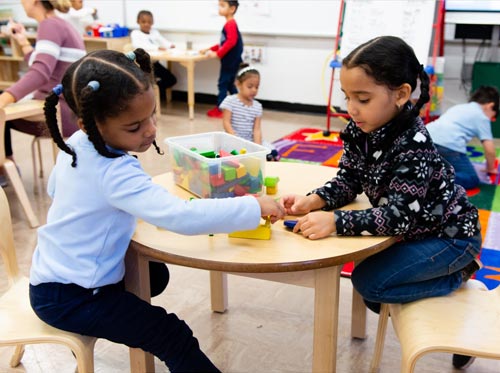
Developmentally supportive relationships and a sense of belonging can flourish in environments that prioritize connection and community for all learners. This helps learners to explore their diverse identities, buffers against stress and trauma, and contributes to positive emotions and mindsets. It also helps young people see value in the experiences they have at school, provides a critical scaffold that makes learning more manageable, creates opportunities for discussion and higher-order meaning making, and allows learners to give and receive feedback from one another. Learning environments that prioritize connection and a sense of community also build skills and mindsets—such as collaboration, empathy, and communication—that are critical for the emotional and economic well-being of all learners. These skills and mindsets enable learners to thrive in a diverse, globally connected society where the employment landscape increasingly requires the ability to build and maintain personal relationships.
This Leap Means…
- Learners engaging in tasks that foster collaboration and a reliance on one another.
- Learners deeply listening to, and learning about, one another.
- Learners supporting and encouraging one another.
- Learners working with others in the school community to grow and heal after difficult situations.
- Learners experiencing families and community members sharing their knowledge with the school.
We cannot seek achievement for ourselves and forget about progress and prosperity for our community…Our ambitions must be broad enough to include the aspirations and needs of others, for their sakes and for our own.
Cesar Chavez
Examples
Compass from Valor Collegiate Academies (Grades K-12)
The Compass model fosters holistic and adaptive development—including key physical, cognitive, emotional, and spiritual disciplines—through a focus on community and relationships as well as individual identity work.
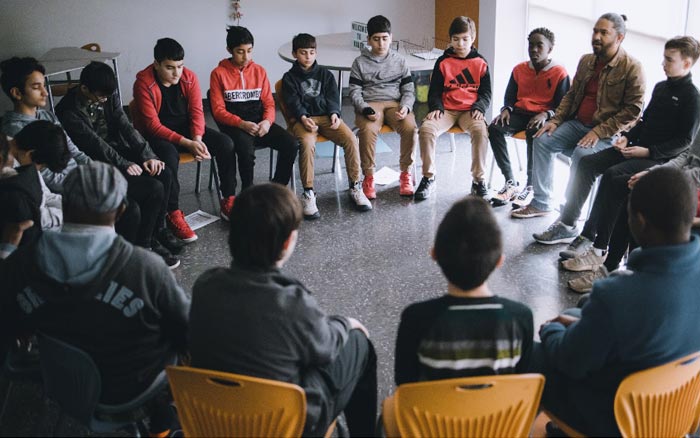
Navi Squads from Navigator Learning (Grades 5-12)
Navi Squads is a grouping model that hones students’ leadership skills and enhances their ownership over learning through student-led small-group instruction.
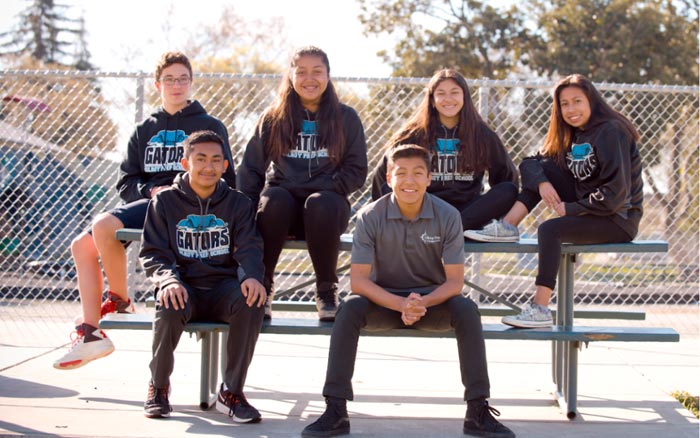
Pod from City Neighbors High School (Grades 9-12)
Pod is an enhanced advisory model within which learners experience a variety of activities that promote belonging and develop learners’ skills.
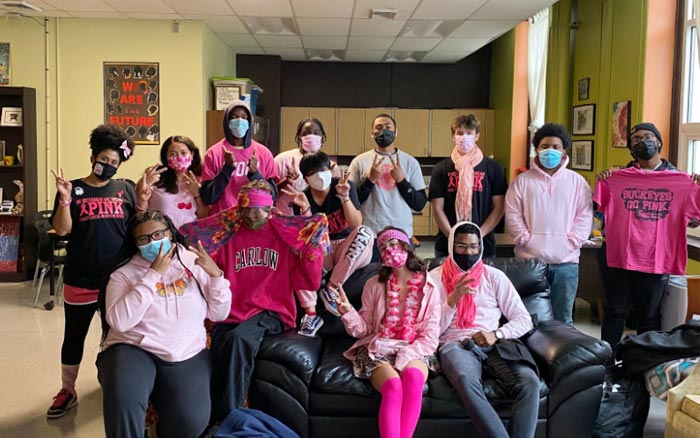
Wild Rose Montessori (Grades PK-5)
Wild Rose Montessori’s model focuses on collaboration, reflection, and child-initiated investigation and problem-solving rooted in the natural, physical world, with access to classroom resources and adult guidance as needed.
